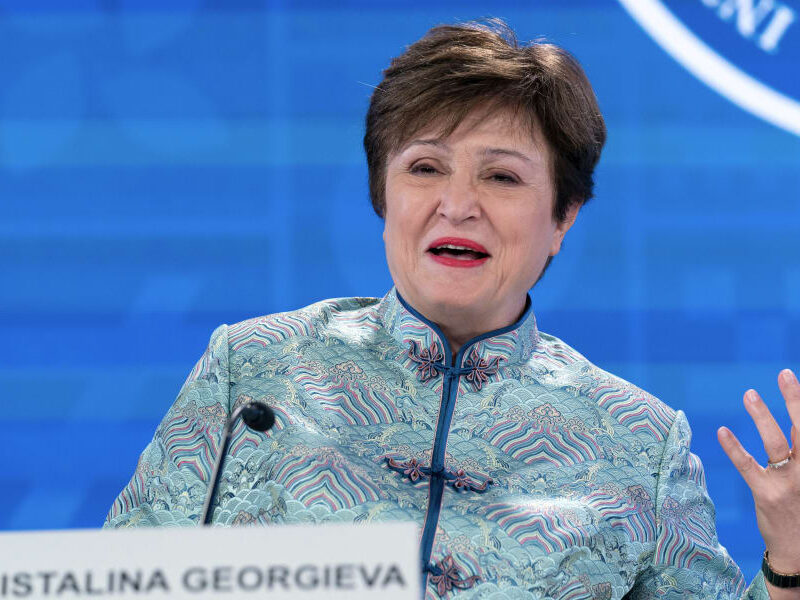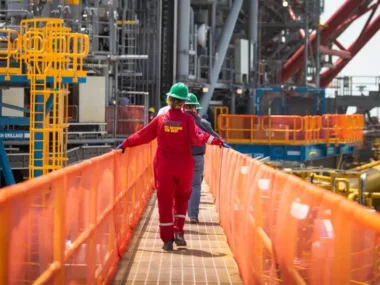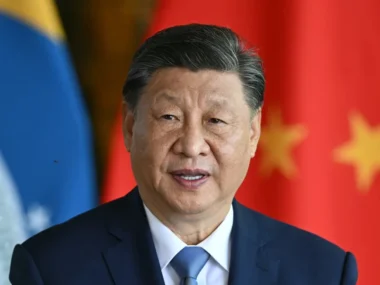The coronavirus pandemic, the war in Ukraine, and rising interest rates have left “deep scars” on the world economy, but it has demonstrated “remarkable resilience,” according to the head of the International Monetary Fund, on Thursday.
Before next week’s fall meetings of the IMF and the World Bank, IMF Managing Director Kristalina Georgieva stated in a speech in Abidjan, Ivory Coast, “While the recovery from the shocks of the past few years continues, it is slow and it is uneven.”
According to Georgieva, consecutive shocks since 2020 have caused the globe to lose $3.7 trillion in economic production, and global economic growth is expected to remain well below the 3.8% average of the previous two decades. On Tuesday, the IMF publishes its official growth projections.
She claimed that the only major economy whose output had resumed its pre-pandemic course was the United States. The rest of the world continues to lag behind the trend.
Because they are unable to adequately “buffer their economies and support the most vulnerable,” the poorest nations are suffering the most. Despite the relaxation of harsh zero-COVID restrictions late last year, which had devastated business in the second-largest economy in the world the previous year, China’s underwhelming rebound continues to weigh on global growth.
However, Georgieva noted that despite higher interest rates imposed by the U.S. Federal Reserve and other central banks to combat inflation that rose over the previous two years, the global economy has proven unexpectedly resilient. According to her, the probability that the world economy can escape a recession while reducing inflationary pressure is increasing.
She emphasized that combating inflation was of utmost importance and urged central banks to maintain higher interest rates “for longer.” Given the possibility of a resurging inflation, it is crucial to avoid an early relaxing of policy.
In Marrakesh, Morocco, the IMF and World Bank meetings get underway on Monday.











